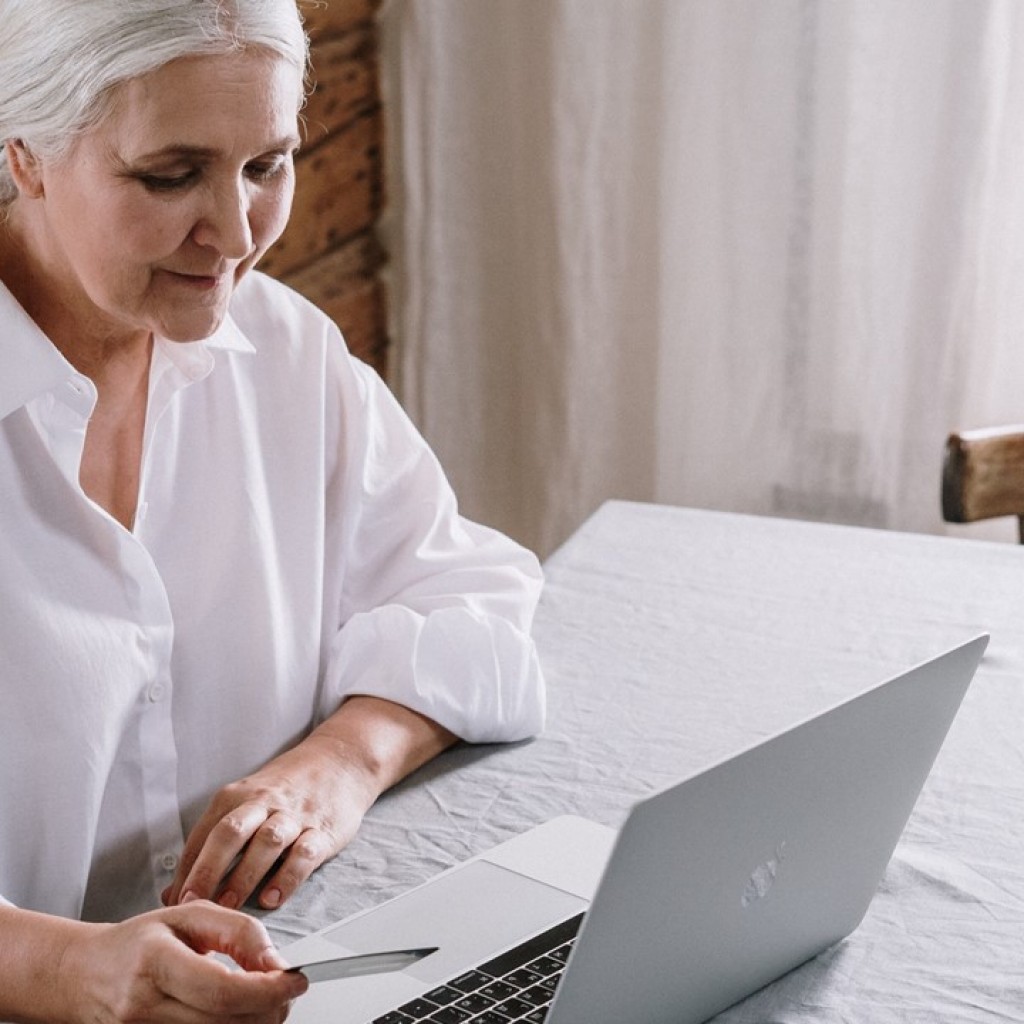[Updated with the latest Government guidance for acting as an attorney or deputy on 10/09/2021.]
If you are acting for someone who is elderly or vulnerable, it is important that you understand how your responsibilities might need to adapt under any current rules and restrictions.
What if I am an attorney or deputy but need to self-isolate?
Many people are still required to self-isolate under the restrictions, for instance if you have tested positive for Covid-19. If you are helping someone with their affairs, being forced to self-isolate can make it very difficult for you to carry out your duties. Attorneys and deputies are not able to step down temporarily, which means that your responsibilities will continue and you will need to carry on making decisions for the person while you are isolating. However, once you have made a decision for them, you can delegate certain tasks to others, for instance shopping, arranging cleaning or other services and so on.
If you are not able to speak to the person about decisions before making them, consider what the person would want and what would be in their best interests. If you are in any doubt, think about whether you can delay the decision until you can consult the person.
What if I am finding my role of attorney or deputy difficult under restrictions?
If you are finding the role as attorney or deputy too difficult, it is possible to step down on a permanent basis by ‘disclaiming’ your role. For attorneys, this involves completing a form which is submitted to the Office of the Public Guardian, any co-attorneys and the donor. For deputies, an application must be made to the Court of Protection. If you are thinking about stepping down, consider the impact this may have on the person and whether anyone else will be able to act for them.
[Original article 14/03/2021]
Can I visit those that I am attorney or deputy for?
The guidance confirms that visits to a vulnerable person, especially if they are over 60 or clinically at-risk, should still only take place if absolutely necessary. If you need to speak to them, other methods such as phone or video calls should be attempted first, if possible, to make sure that all parties involved remain safe.
What if I am also classed as a vulnerable person?
If you are also vulnerable, or shielding, and finding it difficult to take steps on behalf of the other party, it is possible for you to make decisions and ask someone else to help you when carrying them out. For instance, the guidance confirms that you can decide to purchase an item for the person and then ask someone else to buy it for them.
It is also important to remember that your responsibilities as attorney or deputy will continue unless you, or the vulnerable person, take steps to bring your role to an end. It is not possible to suspend your role, although you can delegate certain practical tasks to other people if you need to.
When making decisions for another person, it is important to think about what would be in that person’s best interests. Of course, it is usually best to include the person in the decision-making process if you can. However, if you cannot visit or speak to them, you may need to make a decision yourself. If you are not sure what the person would want, consider what they have said or done in the past and speak to their family and friends, to try to formulate an idea of their present wishes.
How can Tozers help?
Acting as an attorney or deputy is not always straightforward, especially under the current circumstances, and there may be times when you need advice. Our specialist Vulnerable Clients team can advise on appointing people into these roles as well as specific issues which might arise once you have been appointed. If you would like to get in touch please visit our Vulnerable Clients page, or contact our team directly who will be happy to help.
Get the latest news straight from our legal experts.
Subscribe to our newsletter to recieve current, dedicated, suppport and guidance from our solicitors straight to your inbox, wherever you are.







